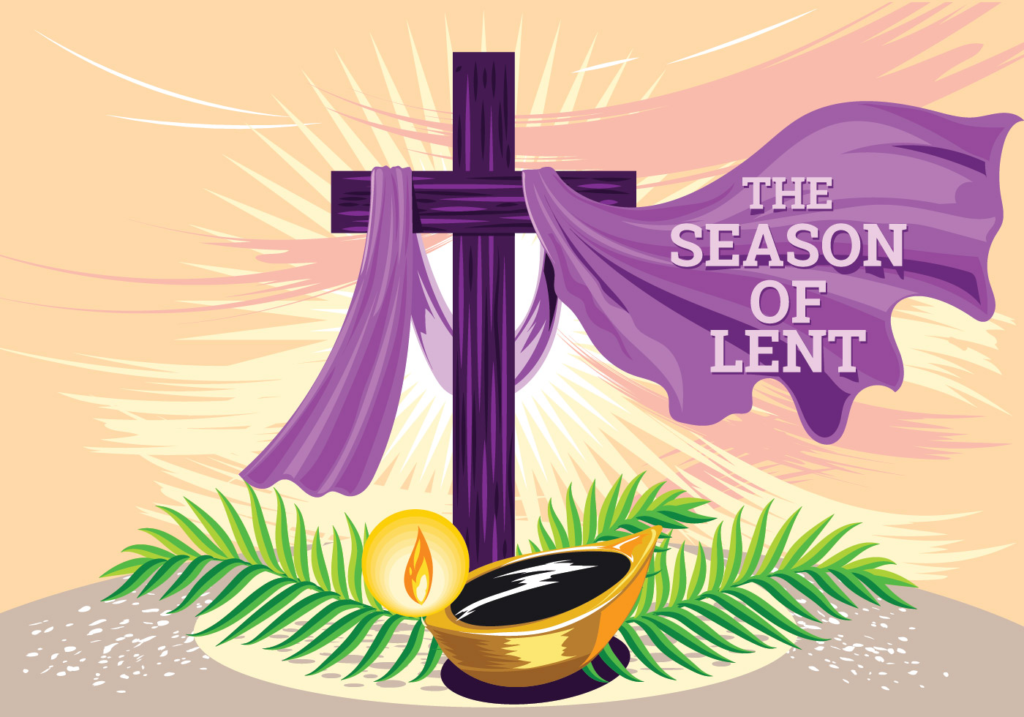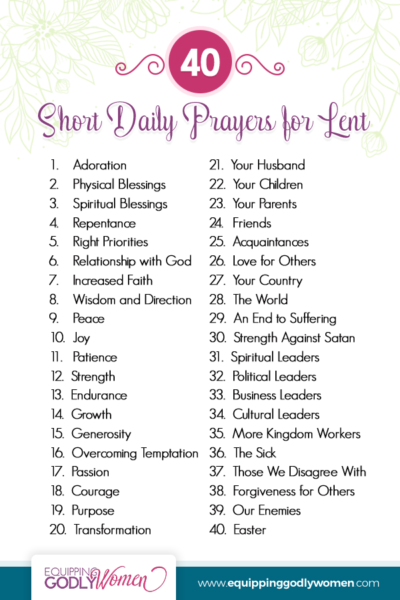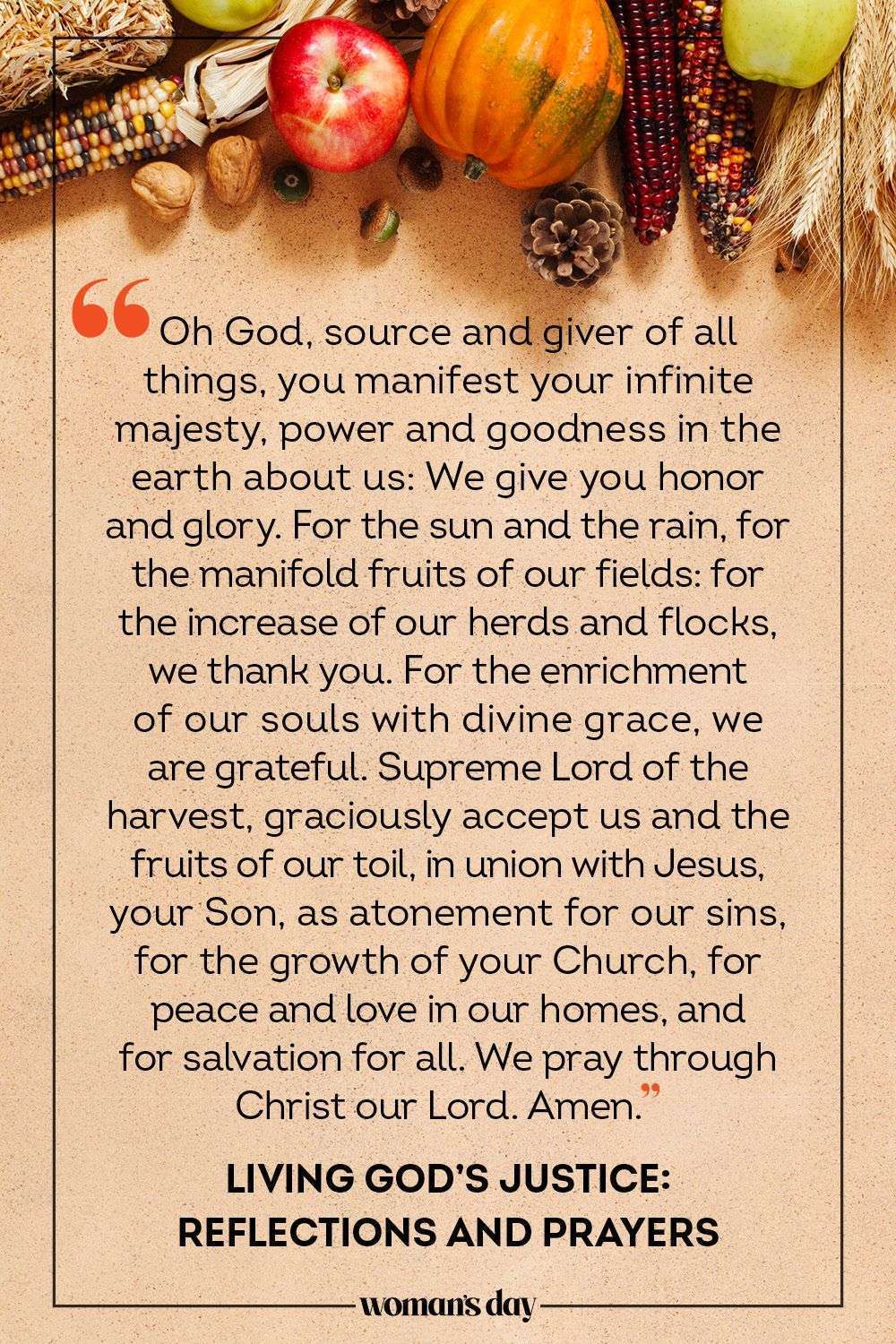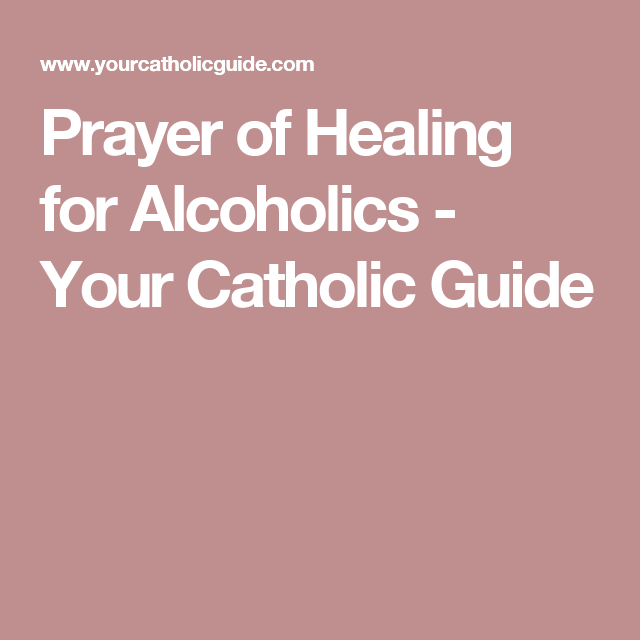Lent is a period of spiritual reflection and penance observed by millions of Christians worldwide. This solemn season begins on Ash Wednesday, which falls on the 46th day before Easter, and ends on Holy Saturday, the day before Easter Sunday. It is a time of fasting, prayer, and contemplation that leads up to the celebration of Jesus Christ’s resurrection on Easter Sunday.
The word “Lent“ comes from the Old English word “lencten,” which means “springtime.” In the early days of the Christian church, Lent was a time for new converts to prepare for baptism. Today is a time for all Christians to deepen their relationship with God through prayer, reflection, and acts of charity.
In this article, we will explore the meaning of Lent and its significance in the Christian faith. We will also provide practical tips for observing Lent and making the most of this season of spiritual renewal.
Why Is Prayer Important During Lent?
Prayer is an essential aspect of Lent because it helps us to connect with God and deepen our relationship with Him. It is a time to reflect on our sins and ask for forgiveness, to seek guidance and strength, and to give thanks for the blessings in our lives. By praying regularly during Lent, we can grow closer to God and become more aware of His presence in our lives.
Prayer is also a powerful tool for transformation. When we pray, we invite God to work in our lives and to transform us into the people He wants us to be. Through prayer, we can receive the grace and strength we need to overcome temptation, resist sin, and live a life of faithfulness and obedience.
How To Incorporate Prayer Into Your Lenten Journey
There are many ways to incorporate prayer into your Lenten journey. Here are some ideas:
- Set aside time for daily prayer. Whether you prefer to pray in the morning, at lunchtime, or before bed, make a commitment to pray at the same time each day.
- Use a prayer journal. Writing down your prayers can help you to focus and reflect on your thoughts and feelings. It can also be a way to track your progress and see how your prayers are answered over time.
- Attend daily Mass or church services. Many churches offer daily Mass or other services during Lent. Attending these services can be a powerful way to connect with God and other believers.
- Participate in a Lenten retreat. Many churches and organizations offer retreats during Lent. These retreats can be a time to disconnect from the world and focus on prayer and reflection.
- Pray with others. Joining a Lenten prayer group or participating in a prayer chain can be a powerful way to connect with others and support one another in prayer
Lenten Prayers
There Are Many Different Prayers That You Can Use During Lent. Here Are Some Examples:
- Prayer of Repentance
Lord, I confess that I have sinned against you in thought, word, and deed. I am sorry for my sins, and I ask for your forgiveness. Help me to turn away from sin and to follow you with all my heart. Amen.
- Prayer for Strength
Lord, I need your strength to resist temptation and to live a life of faithfulness and obedience. Help me to rely on your grace and to trust in your promises. Amen.
- Prayer of Gratitude
Lord, thank you for your many blessings in my life. Help me to remember that all good things come from you, and to give thanks for your love and mercy. Amen.
- Prayer for Guidance
Lord, I need your guidance and wisdom as I make decisions and navigate the challenges of life. Help me to seek your will in all things, and to trust in your goodness and faithfulness. Amen.
- Prayer for Others
Lord, I pray for all those who are suffering, lonely, or in need. Help me to be a source of comfort and encouragement to others, and to show your love and compassion to all I meet. Amen.
Observing Lent
There are many ways to observe Lent, and the specific practices may vary depending on your denomination or personal preference. However, there are three key disciplines that are commonly associated with Lent: fasting, prayer, and almsgiving.
Fasting During Lent
Fasting involves abstaining from food or other pleasures for a period of time as an act of spiritual discipline. The purpose of fasting is not to punish ourselves but to draw closer to God by denying our physical desires and focusing on our spiritual needs.
During Lent, many Christians choose to give up a particular food or drink, such as chocolate or alcohol, as a form of fasting. Others may choose to fast from social media or other forms of technology. Still, others may engage in a partial fast, where they eat smaller portions or skip meals altogether.
Prayer During Lent
Prayer is a fundamental aspect of the Christian faith, and Lent is an excellent time to deepen our prayer life. During Lent, many Christians commit to a specific daily prayer practice, such as the Liturgy of the Hours or the Rosary.
Others may choose to attend daily Mass or spend time in Eucharistic Adoration. Some churches offer Lenten retreats or mission trips as opportunities for spiritual growth and renewal.
Almsgiving In Lent Season
Almsgiving, or acts of charity, is another essential aspect of Lent. During this season, we are called to be mindful of those who are less fortunate and to share our blessings with others.
This can take many forms, such as donating to a food bank or homeless shelter, volunteering at a community center, or visiting the sick or elderly. The goal of almsgiving is not to earn merit or praise but to reflect God’s love and compassion to others.
If you are looking for practical ways to observe Lent, here are some suggestions:
- Set aside time for daily prayer and Bible study. This can be as little as 10-15 minutes a day, but the key is to be consistent and intentional.
- Fast from something that distracts you from God or that you tend to rely on for comfort or pleasure. This could be a particular food or drink, social media, or any other activity that takes up a lot of your time.
- Give generously to those in need. This could be through volunteering your time, donating money to a charity, or simply reaching out to someone who is struggling.
- Attend Mass or other worship services regularly, especially during Holy Week. This is a great way to deepen your connection to the Christian community and to experience the power of Christ’s resurrection.
- Engage in acts of repentance and confession. This could involve seeking forgiveness from someone you have wronged, confessing your sins to a priest or spiritual mentor, or spending time in quiet reflection and self-examination.

The Significance Of Lent
Lent is a season of significance for Christians worldwide as it provides an opportunity to reflect on the life, death, and resurrection of Jesus Christ. Through prayer, fasting, and almsgiving, Christians are encouraged to evaluate their lives and seek a deeper connection with God.
Lent also provides an opportunity to examine one’s heart, reflect on past wrongs, and seek repentance. It is a time to acknowledge the ways in which we have fallen short and to work towards reconciling with others and with God.
For many Christians, Lent is also a time of sacrifice. By giving up something that they enjoy or rely on, such as a favorite food or social media, Christians are reminded of the sacrifice that Christ made for them.
Observing Lent In Different Denominations
While the general principles of Lent are similar across Christian denominations, the specific practices may vary. Here are some ways in which Lent is observed in different denominations:
- Roman Catholic Church: Catholics observe Lent by abstaining from meat on Ash Wednesday and all Fridays during Lent. They also give up something that they enjoy or find meaningful for the duration of Lent.
- Eastern Orthodox Church: Orthodox Christians observe Lent for 40 days, beginning with “Clean Monday.” They follow a strict fast, abstaining from all animal products, oil, and wine during the first week of Lent and then gradually easing restrictions throughout the season.
- Anglican/Episcopal Church: Anglicans and Episcopalians observe Lent by fasting on Ash Wednesday and Good Friday and abstaining from meat on Fridays during Lent. They may also choose to give up something that they enjoy or find meaningful for the duration of Lent.
- Protestant Churches: Protestants may observe Lent by engaging in spiritual disciplines such as fasting, prayer, and Bible study. They may also choose to give up something that they enjoy or find meaningful for the duration of Lent.
Tips For Making The Most Of Lent
If you are looking to make the most of Lent, here are some tips to help you deepen your spiritual practice:
- Start small: If you are new to observing Lent, don’t feel like you have to take on too much at once. Start with one or two practices that are manageable and build from there.
- Stay accountable: Find a friend or spiritual mentor who can help keep you accountable throughout the season. This can help you stay on track and remain committed to your spiritual practices.
- Embrace the discomfort: Lent is a time of sacrifice, and it may not always be easy. Embrace the discomfort and use it as an opportunity to grow in your relationship with God.
- Find community: Lent is a great time to connect with others who are also seeking a deeper spiritual practice. Join a Lenten study group or attend worship services regularly to find community and support.
See Also;
Why Did The Catholic Church Introduce Tropes
Conclusion
Lent is a time of reflection, repentance, and spiritual renewal. By engaging in practices such as fasting, prayer, and almsgiving, Christians can deepen their relationship with God and prepare their hearts for the celebration of Easter.
Whether you are a seasoned practitioner or new to the Christian faith, Lent offers an opportunity to grow in your spiritual practice and experience the transformative power of God’s grace. By embracing the discomfort, staying accountable, and finding community, you can make the most of this season of renewal and transformation.






